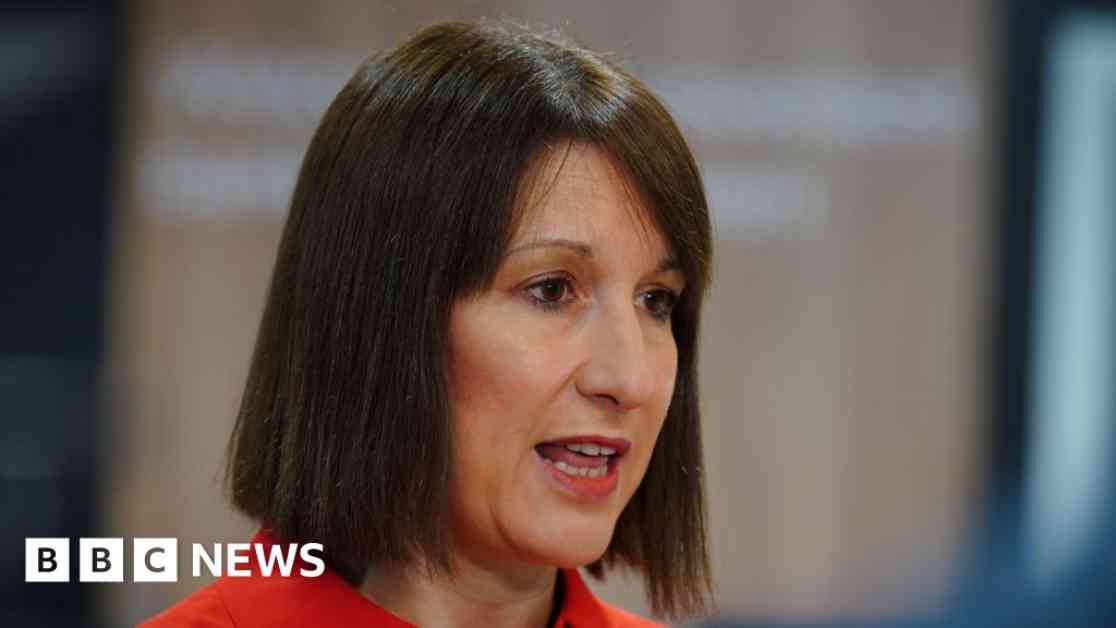Chancellor Reeves Faces Tough Financial Decisions Amid Rising Borrowing Costs
Chancellor Rachel Reeves is currently grappling with some tough financial choices as UK borrowing costs hit their highest level in 16 years, according to the former deputy governor of the Bank of England. Facing pressure to meet her self-imposed fiscal rules, Reeves must navigate a delicate balance between borrowing, taxes, and public spending to keep the economy afloat.
The Impact of Rising Borrowing Costs on the UK Economy
Governments often borrow money to bridge the gap between their spending and tax revenue. With UK borrowing costs soaring, concerns about the country’s economic stability have intensified. The recent increase in borrowing costs coincided with a significant drop in the value of the pound, signaling potential challenges ahead for the UK economy.
Analysts attribute the rise in borrowing costs to broader worries about the UK’s economic strength, exacerbated by global trends such as US President-elect Donald Trump’s proposed tariffs on imports. Despite the market turbulence, the Treasury has refrained from intervening, emphasizing the need for orderly market functioning.
Reeves’ Dilemma: Tax Hikes, Spending Cuts, or Borrowing?
As Chancellor Reeves navigates the financial landscape, she faces a critical decision regarding tax policy, public spending, and borrowing. Reeves has committed to adhering to her fiscal rules, which include avoiding borrowing for daily expenses and reducing national debt by the end of her term. With limited options for additional revenue, Reeves may need to consider tough choices like raising taxes, cutting spending, or increasing borrowing to meet her financial obligations.
Sir John Gieve highlighted the challenges ahead, emphasizing the need for careful planning and decisive action to address the economic uncertainties facing the UK. Reeves’ upcoming spending review and budget announcement will be crucial milestones in determining the government’s financial path moving forward.
Controversy Surrounding Reeves’ Trade Visit to China
While Reeves embarks on a trade mission to China to boost economic ties, critics have questioned the timing of her trip amidst the country’s economic challenges. With concerns about government borrowing costs and currency devaluation looming large, opposition parties have criticized Reeves for prioritizing international relations over domestic financial issues.
In the face of mounting criticism, Reeves remains steadfast in her commitment to strengthening UK-China trade relations and fostering diplomatic ties. The ongoing debate underscores the delicate balance between global engagement and domestic economic priorities, shaping the narrative of Chancellor Reeves’ leadership during a critical juncture in the UK’s financial landscape.
As Chancellor Reeves grapples with complex financial decisions in the coming months, her ability to navigate the competing demands of fiscal responsibility and economic growth will be closely scrutinized. The challenges ahead will test her leadership and strategic vision, highlighting the intricate interplay between policy choices and economic outcomes in a rapidly evolving global landscape.













